Are you working with or have contacts with a Dorset based organisation that helps people back into training or work?
Does this organisation support socially excluded groups?
The new £10 million EU/BIG Lottery funded Building Better Opportunities programme for Dorset will:
- Improve people’s life chances by funding projects that reflect local priorities and community needs;
- Be based on evidence about what works best, and be delivered by capable providers;
- Provide personalised help to people furthest from the labour market to develop their skills and talents, and overcome challenges.
There are a number of free workshops taking place across the region. Places are limited and registartion is required:
- 9.30am – 12.30pm Wedsnesday 28 January – Dorford Centre, Bridport Road, Dorchester DT1 1RR Book for Dorchester HERE
- 9.30am – 12.30pm Friday 30 January – Friends Meeting House, Wharncliffe Road, Boscombe BH5 1AH Book for Boscombe HERE
- 1.30am – 5.30pm Thursday 5 February, – Durweston Village Hall, Church Road, Durweston, Blandford Forum DT11 0QA Book for Blandford HERE
These workshops will:
- Identify the requirements of this new EU and BIG Lottery Fund programme;
- Introduce the five themes: Mental health, Young People, Rural isolation, Long term unemployed, Social Enterprise;
- Introduce partnership requirements and opportunities for smaller organisations;
- Enable to assess whether the programme would be right for your organisation;
- Help start the process of designing the criteria the BIG Lottery Fund will use to award grants.
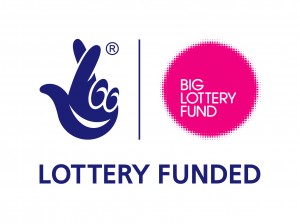

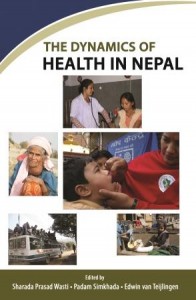
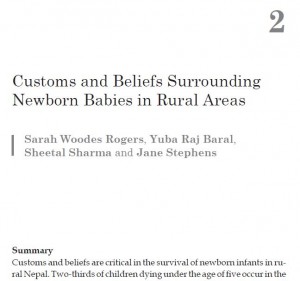



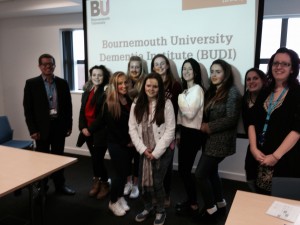
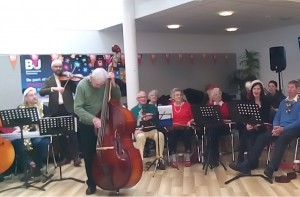


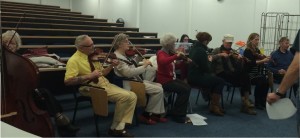
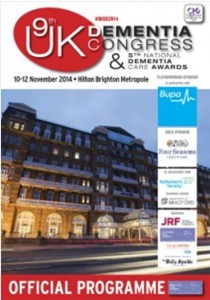
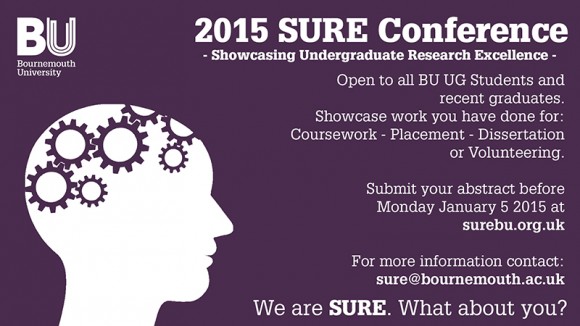














 Expand Your Impact: Collaboration and Networking Workshops for Researchers
Expand Your Impact: Collaboration and Networking Workshops for Researchers Visiting Prof. Sujan Marahatta presenting at BU
Visiting Prof. Sujan Marahatta presenting at BU 3C Event: Research Culture, Community & Can you Guess Who? Thursday 26 March 1-2pm
3C Event: Research Culture, Community & Can you Guess Who? Thursday 26 March 1-2pm UKCGE Recognised Research Supervision Programme: Deadline Approaching
UKCGE Recognised Research Supervision Programme: Deadline Approaching ECR Funding Open Call: Research Culture & Community Grant – Apply now
ECR Funding Open Call: Research Culture & Community Grant – Apply now ECR Funding Open Call: Research Culture & Community Grant – Application Deadline Friday 12 December
ECR Funding Open Call: Research Culture & Community Grant – Application Deadline Friday 12 December MSCA Postdoctoral Fellowships 2025 Call
MSCA Postdoctoral Fellowships 2025 Call ERC Advanced Grant 2025 Webinar
ERC Advanced Grant 2025 Webinar Update on UKRO services
Update on UKRO services European research project exploring use of ‘virtual twins’ to better manage metabolic associated fatty liver disease
European research project exploring use of ‘virtual twins’ to better manage metabolic associated fatty liver disease